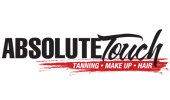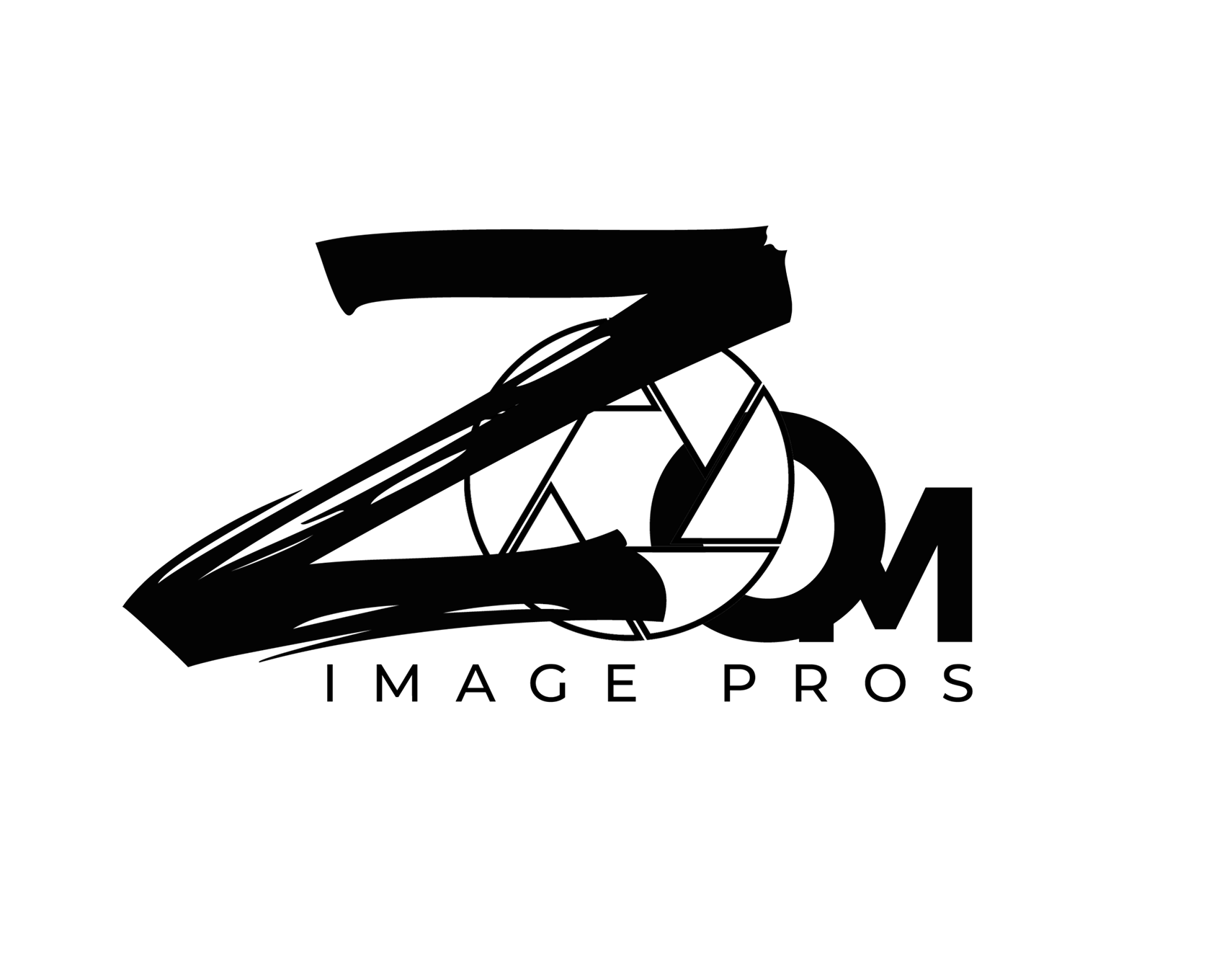Anti-Doping Policy and Procedures
1.0 Purpose
To ensure athletes compete on a level playing surface without the assistance of performance enhancing substances. The Anti-Doping Program provides written guidelines to ensure that the testing process is conducted in a standardized and professional manner throughout the Canadian Physique Alliance competitions. The policy provides specific details on athlete notification, sample collection, sample analysis, result management, determination of offences and penalties.
2.0 Policy Details
Procedures shall be followed on all occasions where doping control is conducted at CPA events. CPA requires that only certified / accredited laboratories shall be used to analyze all athlete urine samples. Policy refers to “Prohibited Classes of Substances” which is a reference to the WADA (prohibited list). This includes pharmacological classes of drugs such as anabolic steroids & agents, diuretics, and peptide hormones. The two panels of testing (anabolic / diuretic) will be reviewed annually in conjunction with the overseeing laboratories to ensure they are up to date and changed as required.
Athlete collections are to be conducted by certified individuals that have been accredited through the primary laboratory. The objective of the collection procedure is to ensure the security, integrity, and identity of the athlete sample.
3.0 Policy Scope
Anti-Doping policy applies to all CPA sanctioned Natural Events. Implementation of this policy at the regional level is selective by the CPA and mandatory at Natural Pro Qualifiers and IFBB Pro events.
4.0 Policy Owner
Canadian Physique Alliance
5.0 Definitions and Resources
CPA – Canadian Physique Alliance
TUE – Therapeutic Use Exemption
CPA Chairperson – Individual(s) responsible for managing the anti-doping program
Resources:
www.globaldro.com - prohibited list information access
www.dynacare.ca – accredited laboratory for the CPA
6.0 Procedures
Collection Procedure – Identification
- Selected athletes are greeted by an assigned chaperon as they leave the stage.
- Chaperon will explain the process and that a urine specimen will be required.
- Athlete will be escorted to the designated area for collections and will remain until specimen provided.
- Photo ID is required from the athlete and the collector will record information to the chain of custody form or mobile app.
- - If the athlete does not have photo identification with them, they can retrieve it while accompanied by a chaperone. They are to be instructed not to eat or drink anything while retrieving this information and to report back to the testing area immediately.
- - If photo identification is not available on the premises, the contestant’s trainer may provide a verbal identification. Record the ATHLETE name and “Identified by _________” with the trainer’s name.
- Athlete will be asked to empty their pockets and remove any outer clothing if applicable. Items of value should remain with the contestant (liquids/medications must remain outside the washroom during the collection).
- Athlete will wash their hands.
- Athlete will select a specimen collection cup.
- Unobserved Collection: Allow the donor to enter and maintain privacy within the stall or partitioned area. The collector will wait outside the collection area until the donor is finished urinating. Complete the remainder of the test request form while the donor is collecting the specimen.
- Observed Collection: Inform the donor that collection will occur under direct observation. Accompany the donor into the collection facility (the collector must be the same gender). Instruct the donor to urinate into the sample container with the witness observing urination. Complete the remainder of the test request form after the donor has completed collecting the specimen.
- Amount of urine required (minimum 30 mL’s).
- Do NOT flush the toilet following collection.
- Athlete will bring the specimen out immediately following collection and hand to the collector.
- The collector to verify volume and temperature are acceptable. Urine temperature should be measured within (4) four minutes of collection and should read between 90-100°F.
- With the donor watching, tightly seal the container lid/cap. If using tamper resistant tape (security seal), place the tape over the lid and down the sides of the container.
- Place the athlete I.D. label (prepared while or after the donor collected the specimen) around the specimen bottle/collector. The label should cover the ends of the tamper seal if used.
- If using a drug screen test request form, have the donor read and sign the Donor Certification section, certifying the urine is the donor's and the specimen is sealed and labeled properly. If using ToxAccess Mobile use touchscreen to capture the donor’s signature.
- Athlete will be permitted to leave once the collector is satisfied that the specimen meets all collection requirements.
- Athlete will receive a copy of the chain of custody form for their personal records and reference if using paper Chain of Custody. This is not applicable if using the ToxAccess Mobile.
- Tests results are typically available within two to three weeks of the contest date.
- Canadian Physique Alliance official will contact only athletes with a positive test result.
** Note that the CPA reserves the right to change when athletes may be asked to provide a sample at the event in which they are participating. E.g., collections may be conducted after registration.
7.0 Therapeutic Use Exemptions (TUE) Application Form
TUE form will only be considered by the CPA under the following circumstances:
- Athlete would experience a significant impairment to health if the prohibited substance were withheld while treating an acute or chronic medical condition.
- The use of the prohibited substance would produce no additional enhancement of performance other than that which might be anticipated by a return state to normal health following the treatment of a legitimate medical condition.
- There are no reasonable therapeutic alternatives or other alternatives are ineffective.
TUEs are granted by the CPA are valid for the duration of the treatment as prescribed by the physician up to a maximum off four years. It is the athlete’s responsibility to know when the TUE expires and to apply for renewal before this date if necessary.
TUE Application Link8.0 Doping Offence Process and Appeals
The CPA president in conjunction with the Committee Chairperson shall be responsible for the determination if a doping offence has been committed and the imposition of penalties.
- All collections are to be reviewed by the chairperson with any adverse analytical sample findings reported to the president of the CPA.
- Athletes who are determined to have adverse analytical findings shall be notified of the doping offence in writing via confirmed electronic e-mail.
- Athlete would be advised of their suspension as a result of their positive test of their sample. Suspension will have a start date from when the collection took place.
- Athletes who fail a drug test—defined as a confirmed positive result for any prohibited substance or method—will face immediate sanctions as outlined in the CPA Anti-Doping Policy.
9.0 Suspensions
- For a first-time offence involving prohibited substances will result in an automatic one-year suspension from competition and loss of any awards and or placings.
- For a second time offence involving prohibited substances will result in a two-year suspension from competition and loss of any awards and or placings.
- For a third time offence involving prohibited substances will result in a lifetime suspension from competition and loss of any awards and or placings.
- A refusal or failure to follow proper doping control procedures will be treated the same as a doping offence and will result in a two-year suspension for a first offence, and a lifetime suspension for a second offence.
- Athletes who fail a drug test—defined as a confirmed positive result for any prohibited substance or method—will face immediate sanctions as outlined in the CPA Anti-Doping policy. Please note that all drug test results are final, and no appeals or challenges to a positive result will be accepted.
- If an athlete fails a drug test, their results, titles, and rankings will be disqualified. Placings do not change for any other athlete in a class where the first-place athlete fails a drug test, however, their results, titles, and rankings will be disqualified.
When applicable (if there is a fourth-place athlete in a regional show) the athlete in fourth place would be given qualification to a Pro Qualifier with no change in his placing.
Any awards, medals, or prizes will not be redistributed by the CPA based on the adjusted placings.
For Natural Pro Qualifiers in Canada, if the overall winner wins a pro card and tests positive they will be disqualified. The second place winner will be awarded the Pro Card provided he or she has a negative drug test result. - By participating in CPA events, athletes acknowledge and agree to abide by this policy and accept the consequences of a failed drug test as final and binding.




